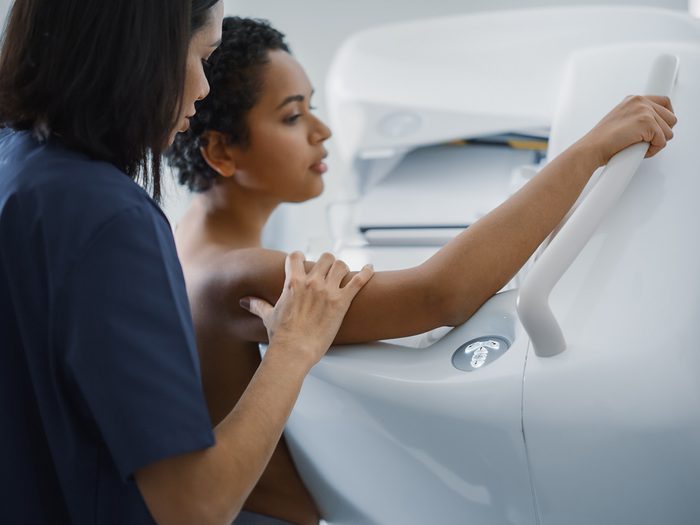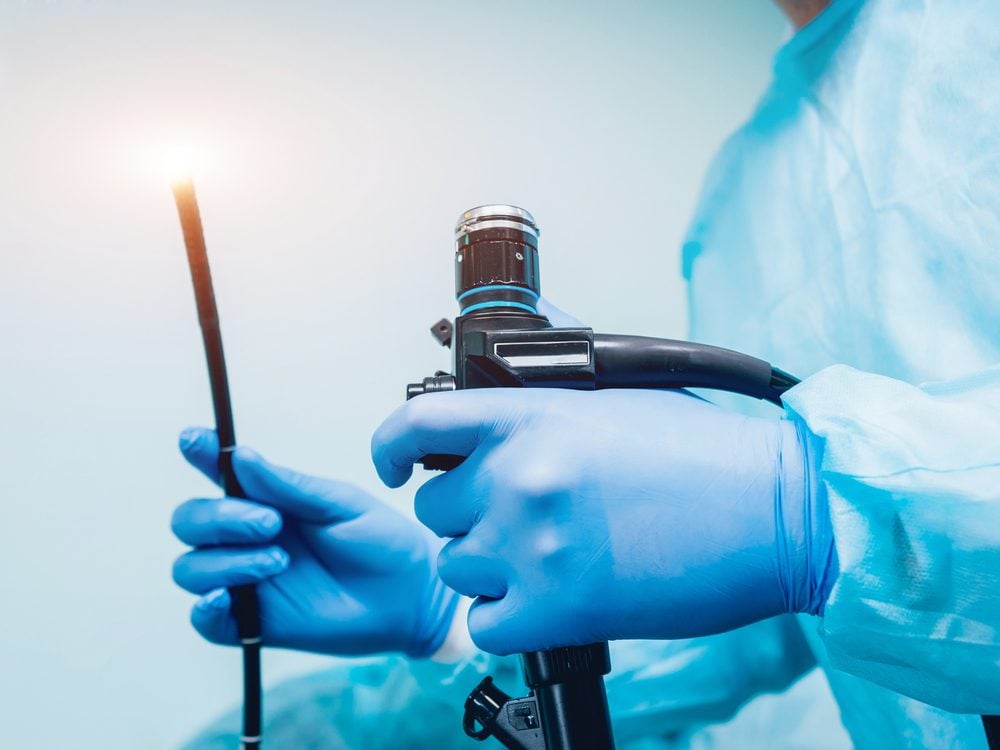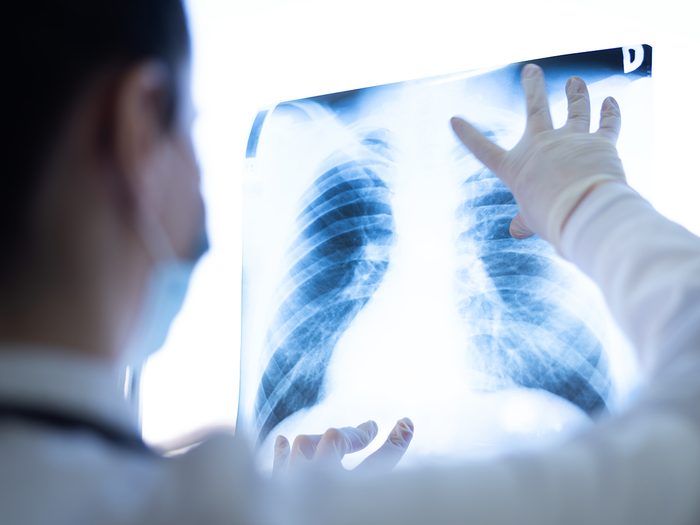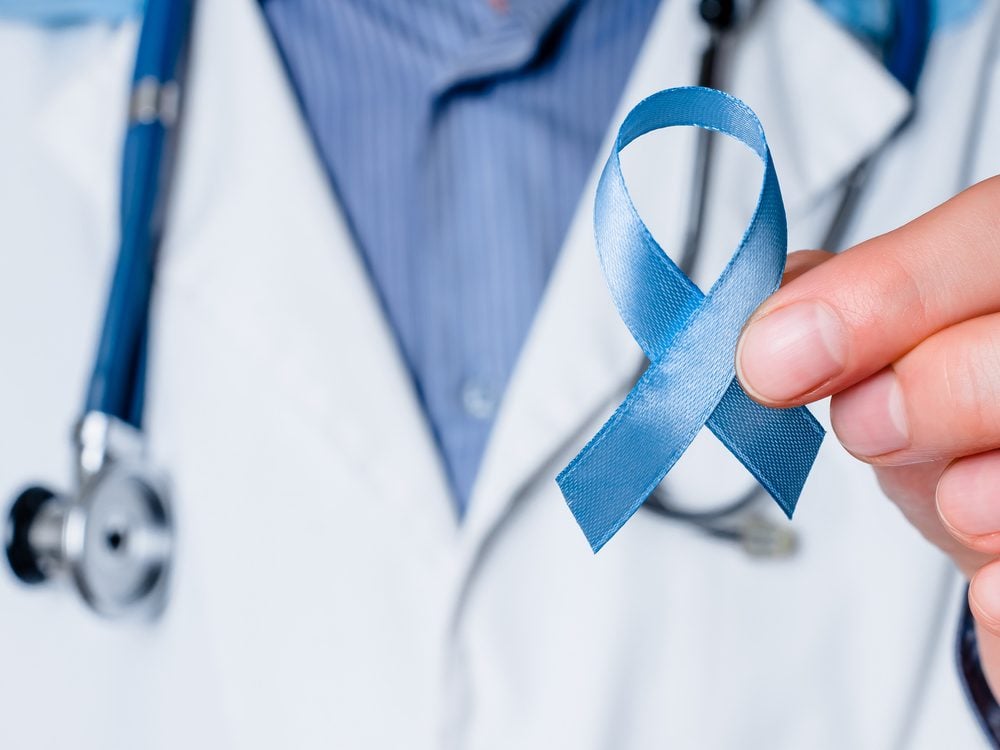
Breast Cancer Screening
The American Cancer Society recommends that women get mammograms every year, but not until age 45. You may need to start breast cancer screenings earlier if you have a family history or genetic mutations that hinder the function of genes such as BRCA1 and BRCA2, which repair damaged DNA and help suppress tumours.
Find out how to reduce your breast cancer risk.

Colon Cancer Screening
You probably don’t need a colonoscopy or other colon cancer screening tests until you’re 50, unless you have a parent, sibling, or child who was diagnosed with colorectal cancer or adenomatous polyps before age 60.
Learn to spot the telltale colon cancer symptoms.

Lung Cancer Screening
Unless you smoke or quit less than 15 years ago and you are between the ages of 55 and 80, you likely don’t need a lung cancer screening.
Here are the signs of lung cancer you might be ignoring.

Prostate Cancer Screening
The U.S. Preventive Services Task Force advises men 70 and older to skip the prostate-specific antigen (PSA) test entirely, but men ages 55 to 69 should decide for themselves. (Prostate cancer is slow growing, and treatment can affect quality of life.) But if you are Black or if you have a father, brother, or son who had prostate cancer before age 65, or if you detect any of these signs of prostate cancer, discuss screening with your doctor starting at age 45.
Now that you’re familiar with these cancer screenings, find out 25 foods that may help prevent cancer.